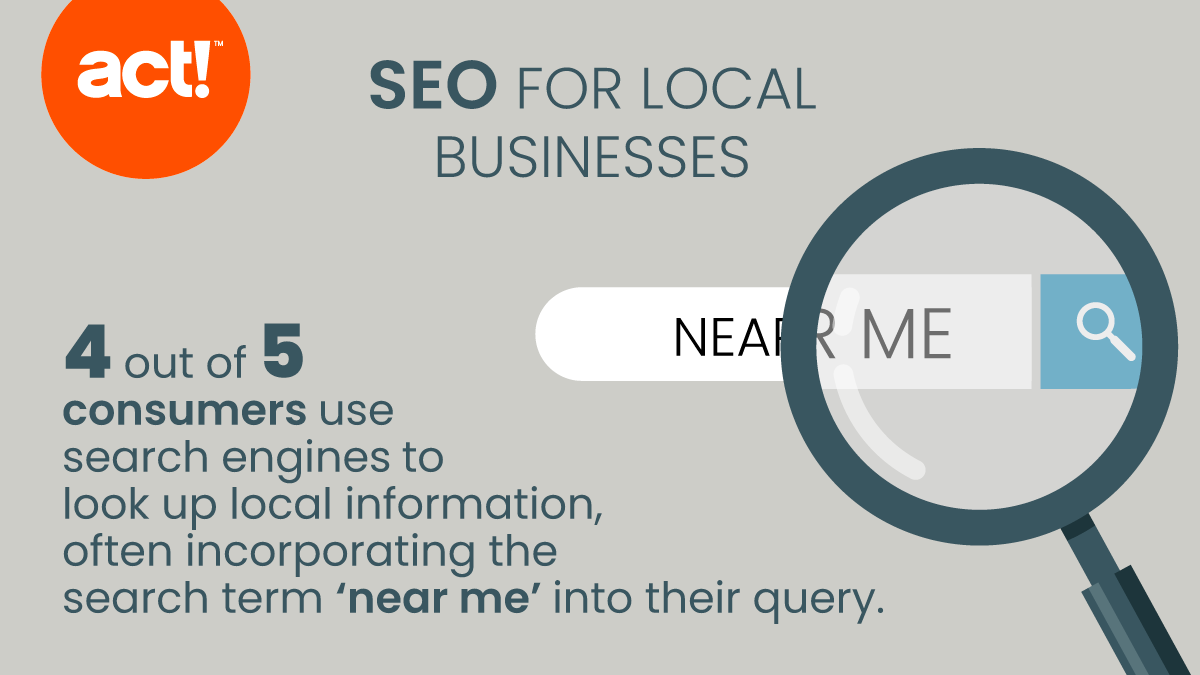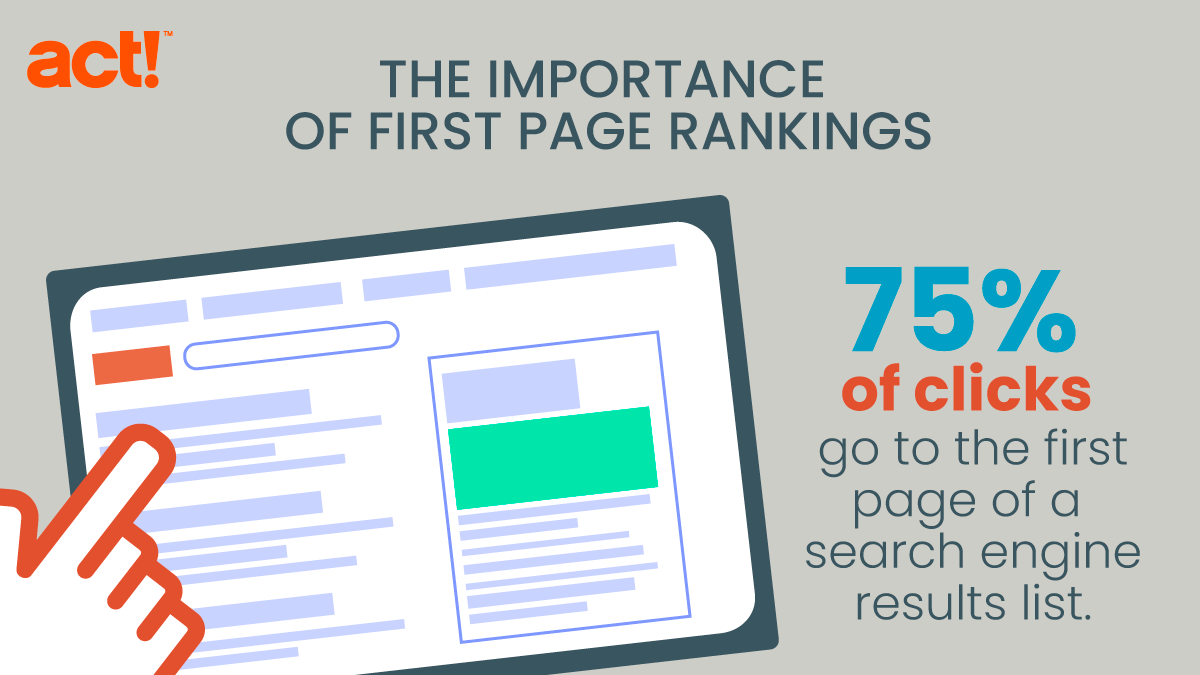
SEO is a fast-paced and constantly evolving field. It takes a lot more to rank on a major search engine than just churning any old content with a scattering of obligatory keywords thrown in for good luck. SEO marketing relies on you ditching the outdated tactics and staying well-informed about the constantly changing digital marketing landscape.
But there’s no doubt that SEO marketing can also be confusing. You learn one technique only to discover it is dead and buried a week later, and this can be frustrating to say the least. The good news is, there are several SEO marketing basics that are constant, and when implemented correctly, SEO will serve to improve your brand visibility and boost your organic search rankings, ultimately maximizing traffic to your website and converting more sales than before.
Why is SEO Marketing important?
There’s little doubt that effective SEO marketing works wonders for your bottom line. Not only do big brands see increased revenue from SEO marketing, but small local businesses are reaping the rewards too. In fact, 4 out of 5 consumers use search engines to lookup local information, often incorporating the search term ‘near me’ into their query. So, whether you’re a growing multinational or independent high street vendor, SEO marketing will benefit your business when understood and implemented effectively.

To do this, you need to keep track of your audience and their behaviors, relevant tech advancements, emerging search trends (e.g voice search), and new algorithmic changes that might influence the way you write and publish content.
But today, we will focus our attention on the SEO basics, which will get you started with getting your business on the right track for SEO Marketing.
What Is SEO?
Search Engine Optimisation (SEO) is centric to increasing your website’s organic search results in major search engines.
If you type a question or keyword into Google, you are presented with hundreds of pages worth of related results. It may come as no surprise to learn that 75% of clicks go to the first page of a search engine results list. So, you want to get onto that page to maximize website traffic. But how?
How does SEO Marketing work?
SEO marketing can help you achieve this, but first, you need to understand the answers to these three major questions:
- What type of content does your audience wants to see?
- How do search engines work?
- How do you properly optimize your website so that it doesn’t stagnate and get lost in the sea of competitors?
Let’s look at these topics in more detail:
What is your audience searching for?
Why do we search? That is a very good question. These days, we look to search engines to provide us with solutions, answers, and directions. People are looking up their health symptoms for reassurance or a diagnosis, searching for travel guides to plan a holiday, or even asking the Internet some complex questions on love, relationships, kids, and parenting. There is no topic untouched online. Whatever you want to know, a search engine can tell you.
So, the better question is, what does your audience want to know? Why are they searching and where do they want to end up? Whatever business you’re in, it’s important to know what drives your customers. What problem do they have that you can solve? Once you delve deep into your marketing personas and identify their pain points and how your expertise or product solves their issues, you can begin crafting content (both written and visual) that appeals to that audience. The most important aspect of this is that you understand your audience well enough to know what they want. You provide them with real value that persuades them into action.
Luckily, there are search tools you can use to find out what your audience is searching for (and how they are searching for it), so lots of the hard work is taken off your hands.
And, remember, people aren’t just searching using their keyboards anymore. Smartphones have taken over the world and voice search technology is common. This might affect the way a person asks a question and the results it then generates.

How do search engines work?
We all use search engines. And while it may seem simple to type in a phrase and click on your preferred result, the mechanics of this straightforward process are deeply complex. For the sake of sticking to the basics, we will highlight the three main functions of search engines. These are:
- Crawl: Search engines systematically and thoroughly search through the enormous quantity of content throughout the internet, investigating code and content for each URL they encounter.
- Index: Search engines then organize the digital content discovered during the crawling process. They do this via a process called Indexing. When a page that’s deemed relevant is in the index, it’s a contender to be presented as a search result to related search terms.
- Rank: Search engines aim to select the content that best matches the query inputted into the search engine. They do this through a process called Ranking. Simply, they choose the most relevant content based on its algorithm and present it in order of priority.
To summarize, you want to make sure that your digital content is seen as relevant and safe enough to rank. This way, you maximize your chances of showing up on the first page of a Google or Bing page, driving more traffic to your website than ever before.
How do you optimize your website for SEO?
There are several basic ways you can ensure that your website is ranking sufficiently. And, the great news is that much of this can be done without assistance. These are:
- Your domain name and URL should contain relevant search terms that highlight what you do / what problems you might solve. For example, if you sell motorbikes in London, your URL might be www.motorbikes-for-sale-London.com
- Your page title, headings, and general content should reflect what you do, including relevant keywords and phrases. In this case, simplicity is key. Don’t overegg the cake with complex descriptions and metaphors. Search engines are looking for the main focus words that represent your business, so give them plenty of opportunities to find these!
- Each page of your site should have a meta title and a meta description, briefly describing what each page is for.
- Your website should have well-written code. Poorly crafted code is looked at suspiciously by search engines.
- Create link-building opportunities. If another website is linking to yours, the search engine will see you as more of an authority and is more likely to rank you.
- Constantly update your content. A blog is a great way to do this and keeps you fresh and relevant.
Of course, these are just the DIY basics. There are hundreds of other ways to properly optimize your business website for SEO purposes. We’ve put together a list of free SEO tools here that can help you implement an effective SEO strategy.
We can help:
Learn how to reach larger and more relevant audiences using advanced marketing techniques. Implement the correct software and marketing strategy to maximize your chances of converting sales and minimizing bounce rates. Once you have the correct up-to-date, adaptable marketing technology, you can reduce your daily marketing slog and improve the quality of your leads. Not only will this take a weight of work off your hands but yield better results for your business.






